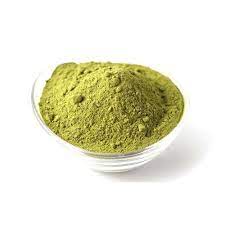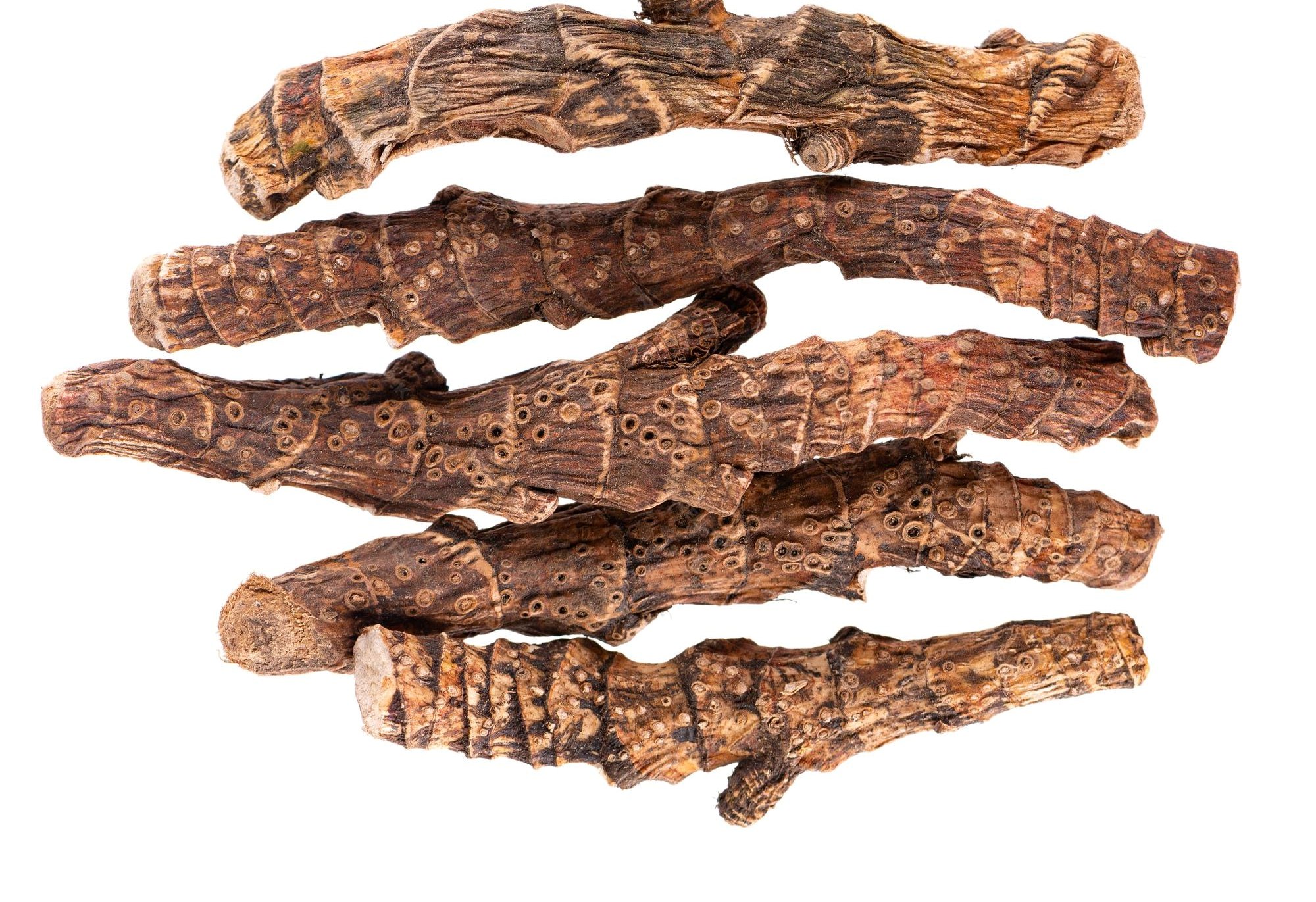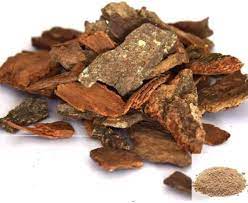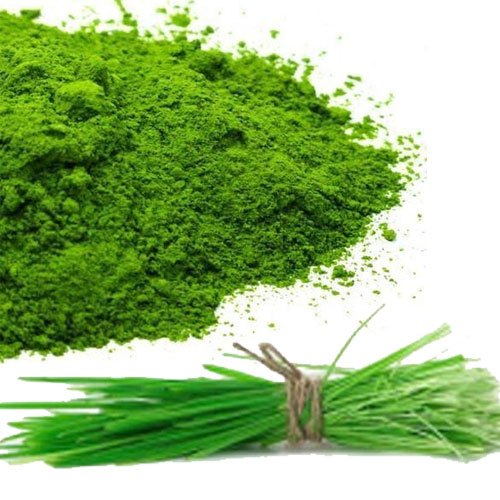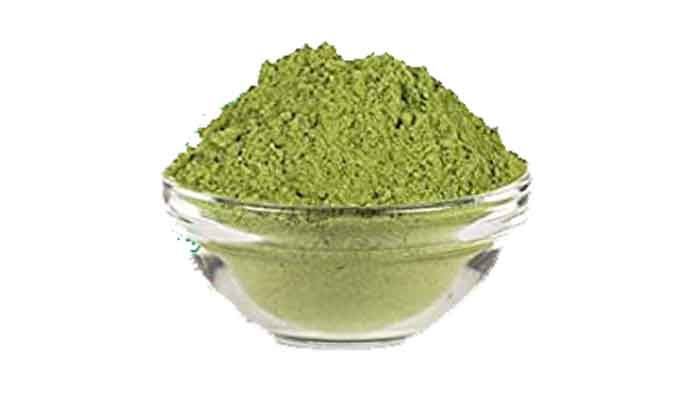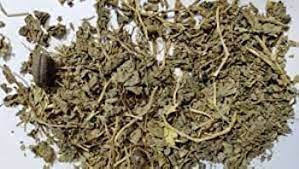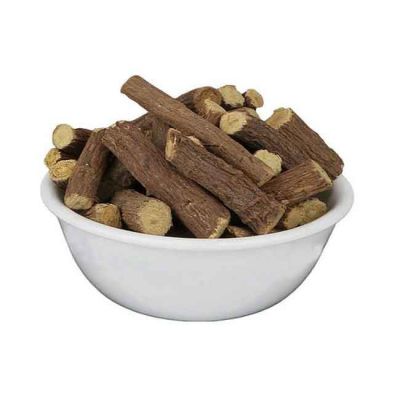What are the health Benefits of Coconut Embryos?
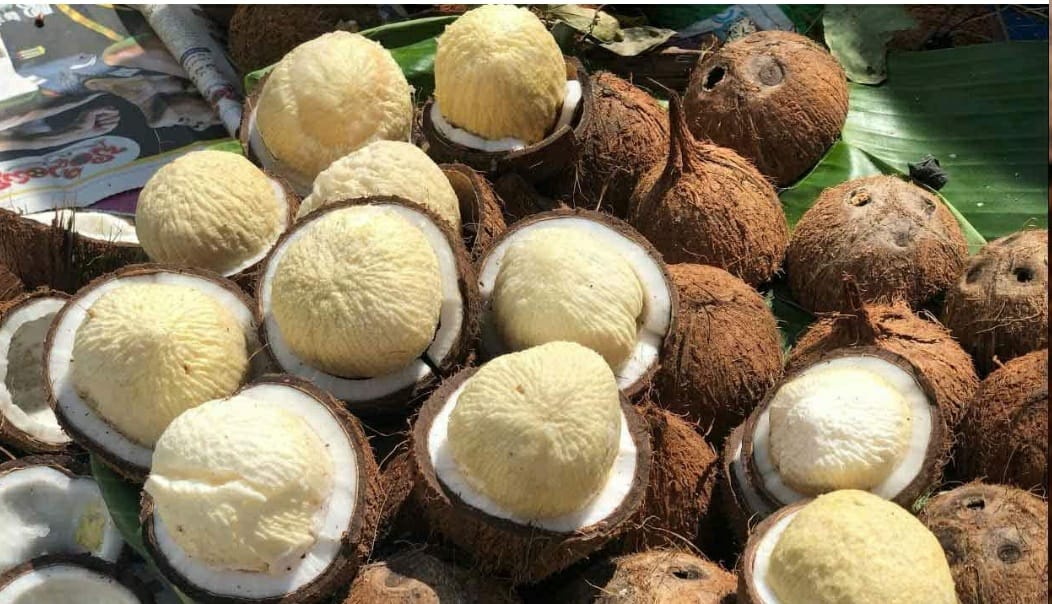
Introduction
The coconut palm, often referred to as the "Tree of Life," offers numerous benefits, one of which is the coconut flower. This delicate blossom is not just a beautiful part of the coconut tree but also a source of various health benefits and culinary uses. This guide delves into the significance, benefits, and uses of the coconut flower.
Understanding Coconut Embryos
The coconut Embryos grows in clusters on the coconut palm and is enclosed within a large, protective sheath called the spathe. When the spathe opens, it reveals a cluster of tiny yellowish flowers. These flowers are crucial for the production of coconuts, but they also have their own unique value.
Nutritional Profile of Coconut Embryos
Coconut flowers are rich in essential nutrients, including:
- Amino Acids: Building blocks of proteins.
- Vitamins: Particularly rich in B vitamins like thiamine, riboflavin, and niacin.
- Minerals: Contains important minerals such as potassium, calcium, magnesium, zinc, and iron.
- Antioxidants: Helps in neutralizing harmful free radicals.
Health Benefits
1. Blood Sugar Management
Coconut Embryos sap is used to make coconut sugar, which has a lower glycemic index compared to regular sugar. This helps in managing blood sugar levels and is a healthier alternative for diabetics.
2. Rich in Antioxidants
The antioxidants present in coconut Embryos help combat oxidative stress, reducing the risk of chronic diseases such as heart disease and cancer.
3. Boosts Immune System
The vitamins and minerals in coconut Embryos support the immune system, helping the body fend off infections and illnesses.
4. Anti-inflammatory Properties
Coconut Embryos contain compounds that have anti-inflammatory effects, which can help in managing conditions like arthritis and other inflammatory diseases.
5. Digestive Health
Coconut Embryos extracts can aid in digestive health by promoting the growth of good bacteria in the gut, thereby improving overall digestive function.
Culinary Uses
Coconut Embryos are used in various culinary applications:
- Coconut Sugar: Made from the sap of coconut flowers, it is a natural sweetener with a caramel-like flavor.
- Coconut Nectar: A syrupy sweetener derived from the sap, used in beverages, cooking, and baking.
- Toddy: A traditional fermented drink made from the sap of the coconut flower, popular in many tropical regions.
- Salads and Garnishes: Fresh coconut flowers can be used as an exotic addition to salads and dishes for an extra nutritional boost.
Other Uses
Beyond culinary applications, coconut flowers have other uses:
- Traditional Medicine: Used in various traditional medicinal practices for their health-promoting properties.
- Skincare: Extracts from coconut flowers are used in natural skincare products for their hydrating and antioxidant benefits.
How to Harvest Coconut Embryos Sap
Harvesting coconut Embryos sap requires skill and precision. The spathe is carefully sliced to allow the sap to flow out, which is then collected in containers. This sap can be processed into sugar, nectar, or fermented into toddy. The process is labor-intensive but results in products that are prized for their unique flavors and health benefits.
Conclusion
Coconut Embryos are a versatile and valuable part of the coconut palm, offering a range of health benefits and culinary delights. From managing blood sugar levels to boosting the immune system, the coconut flower is truly a natural treasure. Incorporating products derived from coconut flowers into your diet can provide a nutritious and delicious boost to your health and well-being.
Click here to buy online



